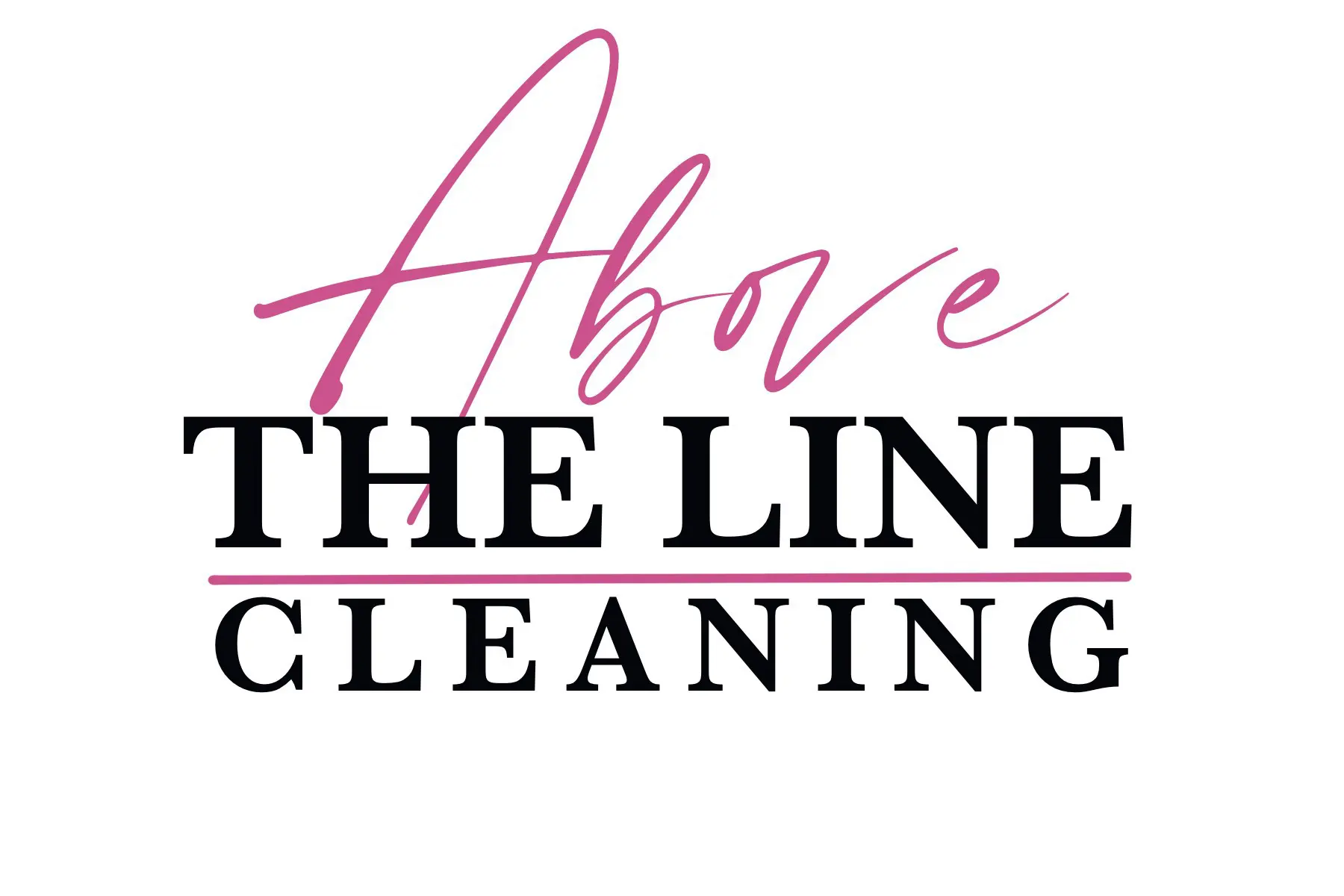What is IAQ and why is it important?
IAQ stands for indoor air quality. It’s the combination of elements that make up the overall quality of air that people are breathing in any given enclosed space. Controlling pollutants in the air and increasing air exchange between the inside and outside of the building are crucial to building good IAQ in your building.
Many variables can contribute to poor IAQ, such as biological contaminants, chemical pollutants, volatile organic compounds, mold and mildew, smoke, and dust. An inappropriate temperature or humidity level in the building could also be to blame. Poor IAQ has been linked to headaches, fatigue, poor concentration, and irritation of the eyes, nose, and throat, not to mention increased transmission of diseases. Hiring commercial cleaning services like Above the Line Cleaning is a good first step towards removing pollutants from the building environment.

Five Steps to Improving IAQ in your facility
There are steps you can take to improve the IAQ in your building. We’ve listed a few below to get you started.
1. Air filtration systems
You’ll want to check that your HVAC system is working properly. You should get it inspected by a qualified technician regularly, as stagnant water in the HVAC could cause bacteria to grow, and clogged or blocked ducts will prevent the exchange of clean air from outside. Be sure to communicate to the building occupants that they should never block the vents to the HVAC system. Your technician will probably tell you the MERV (minimum efficiency reporting value rating) of your HVAC system. This is a way to measure how effective your HVAC is at trapping dust and other particles. The higher the rating, the better the filter.
2. Humidifiers and Dehumidifiers
Maintaining the proper level of moisture in the air is important for maintaining good IAQ. Too dry, and people will experience respiratory problems and static shocks. Too wet, and you’re inviting in mold and mildew. When it comes to humidification, the two most common options are either bypass humidity control or fan-powered humidity control. A bypass humidifier doesn’t require electricity to run, but it may require extra ductwork installation. A fan-powered humidifier, on the other hand, can be placed almost anywhere, but it will take up a decent amount of electricity to run. When it comes to dehumidifying the air in your building, the dehumidification process can either be tied to your existing HVAC or exist on its own. Your HVAC will simply remove moisture from the air without needing to heat, cool, or treat it in any way.
3. UV filters/light
UV filters tackle the problems of mold and mildew, which grow in cool damp places such as air conditioning coils. There are key differences between UV lights and UV air purifiers. UV air purifiers are often stationed inside ductwork, reflecting off the surfaces of the ducts and killing bacteria and viruses in the air. UV light, in contrast, prevents bacteria and viruses from growing in the first place.
4. Heat and/or energy recovery ventilators
Newer buildings especially tend to prioritize energy efficiency. While this is mostly a good thing, the airtight quality of the buildings prohibits the natural air exchange that usually occurs between inside and outside air, making the inside air stale. This is where heat-recovery ventilators and energy-recovery ventilators come in. An HRV heats incoming air from outside as it facilitates exchange with the outgoing air. An ERV traps humidity in the indoor air as it exchanges indoor air with fresh outdoor air.
IAQ is a complicated subject that requires research and diligence to manage efficiently and effectively. For further resources on this subject, you can read OSHA’s detailed report on IAQ, its factors, components, and improvement solutions here.
5. Hire a commercial cleaning company
Companies that do commercial office cleaning can drastically improve the IAQ in your building in several ways: A professional janitorial service can clean kitchen and food preparation areas to get rid of spills, smells, and rotting food that contaminate IAQ. They will also remove and dispose of trash regularly, the buildup of which can reduce IAQ if left unchecked. Additionally, commercial cleaners will regularly vacuum up dust and dirt from both the floor and surfaces in the building to reduce the pollutants in the air, improving IAQ.
Hire Above the Line Cleaning Services to Get Started Improving Your IAQ Today
We serve many different areas in Washington state. Click here to find out if your area is one of them. Above the Line Cleaning Services has been recommended by dozens of people across many different towns. We are the professional janitorial service you will want to call when you need an improvement in IAQ. Request a free quote today to get started and bring more health, happiness, and productivity to the people in your building.
